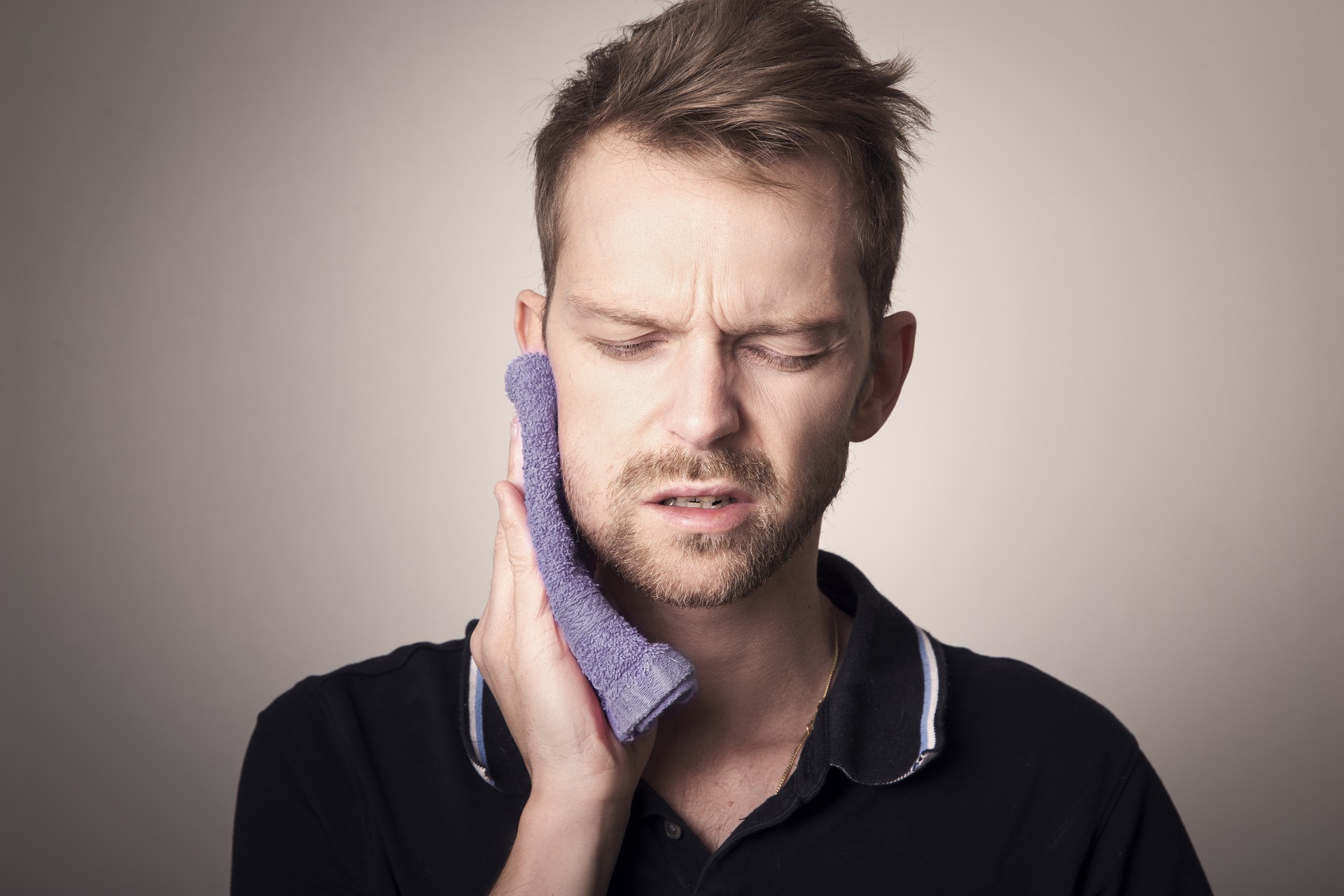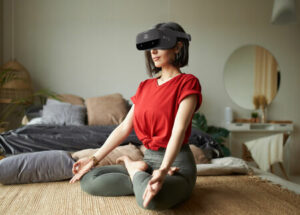What is TMJ Dysfunction?
The Temporomandibular Joint
The temporomandibular joint (TMJ), also known as your jaw joint, is a complex joint that we use repetitively throughout the day. Any activity that involves movement of the jaw, such as when you are eating, talking, or yawning, will be using your TMJ. Given that we are constantly using our jaw, any injuries to the TMJ can be rather restricting. TMJ dysfunction is a term to describe pain and abnormal movement around the jaw joint.
How does TMJ dysfunction occur?
TMJ dysfunction can occur when we experience a knock to the jaw during sport, grind and clench our teeth, or from stress. TMJ issues often start as an ache or tension around your jaw joint which can be worsened with eating or talking. Depending on how the TMJ issue occurred, symptoms such as clicking or locking, may be present. As a result of the above symptoms, you may also experience a headache or ear pain from the muscle tension and constant jaw ache. This tension can also develop in your neck and shoulders, presenting as neck pain which can further worsen any headaches. Over time, the issues in your TMJ can become worse as arthritis develops from the incorrect movement of your jaw joint.
How do you treat TMJ dysfunction?
TMJ dysfunction can be conservatively managed with physiotherapy. Your physiotherapist will perform a full assessment of your jaw and will then provide appropriate exercises to correct any muscular imbalances and improve the joint mobility. Often the exercises can provide temporary instant relief from some TMJ symptoms. Additionally, your physiotherapist will provide strategies to prevent unnecessary jaw clenching/grinding.
It is often recommended to avoid eating hard foods, such as biting from a whole apple, as this can place too much stress through the TMJ joint. Such foods should instead be cut into smaller manageable portions. Interventions to manage stress, such as guided breathing and relaxation techniques, are advised to reduce stress induced teeth grinding and jaw clenching.
Depending on the severity of the TMJ dysfunction, your physiotherapist may refer on to a TMJ specialist if a mouth brace or any other intervention is required.
How can XRHealth help?
Not only do you have the benefit of being assessed and managed by our fully qualified physiotherapists, but you also gain access to our VR technology.
As mentioned, stress and anxiety can result in jaw clenching and teeth grinding, both of which contribute to TMJ dysfunction. Having access to the VR headset means that you also have access to our great interactive applications, such as Luna and Mindset, both of which are designed to reduce stress and anxiety.
This, in addition to the physiotherapy specific exercises, will reduce your TMJ pain levels and improve your jaw mobility and strength.



